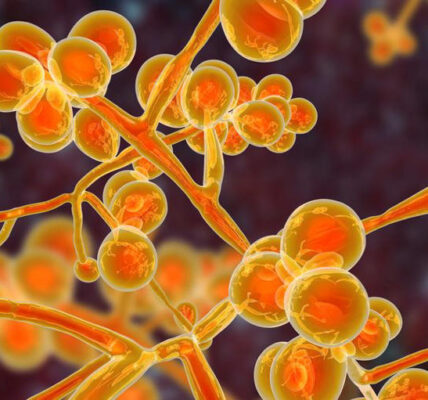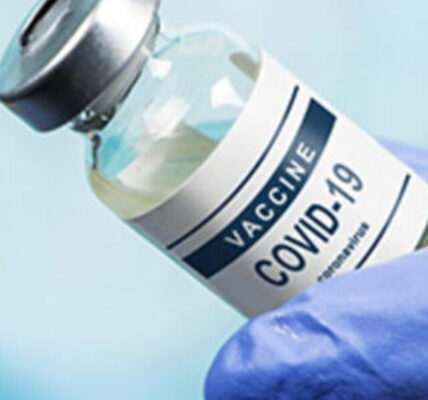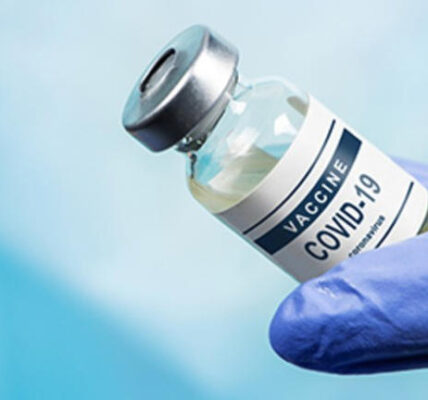Personalized cancer vaccines are a breakthrough in cancer treatment, offering hope by harnessing the body’s immune system to fight specific cancer cells. Learn how these custom-built vaccines work, the types of cancer they can treat, and what the future holds.

© Illustration: Sigrid Gombert/Science Photo Library RF
Personalized Cancer Vaccines: A New Era in Cancer Treatment
Personalized cancer vaccines are revolutionizing the way we approach cancer treatment. Unlike traditional vaccines that protect us from infections like the flu or COVID-19, cancer vaccines are designed to treat people who already have cancer. By harnessing the power of the body’s immune system, these vaccines train it to recognize and attack cancer cells more effectively, offering new hope in the fight against cancer.
How Personalized Cancer Vaccines Work
The key feature of personalized cancer vaccines is that they are custom-made for each individual. This means they are tailored specifically to a patient’s unique tumor, making them more effective at targeting cancer cells.
To create these vaccines, doctors first need a sample of the patient’s tumor, which is usually removed during surgery. Once the tumor is taken out, advanced techniques like DNA sequencing are used to analyze its genetic makeup. In some cases, artificial intelligence is also involved to speed up the process and identify the unique mutations in the cancer cells. Based on this information, scientists can develop a vaccine specifically designed to target the patient’s cancer.
Unlike general cancer treatments like chemotherapy, which can harm both healthy and cancerous cells, personalized cancer vaccines instruct the immune system to focus only on the cancer cells. The vaccine sends a blueprint to the body’s cells, helping them recognize and attack the specific proteins found in the cancer, sparing healthy cells in the process. This targeted approach is what makes personalized cancer vaccines so groundbreaking.
Fighting Cancer with Personalized Cancer Vaccines
Once the personalized cancer vaccine is administered, it starts training the immune system to fight. The vaccine introduces harmless versions of the cancer proteins (called antigens) to the immune system. These antigens are unique to the patient’s tumor and help the body distinguish between normal cells and cancerous ones.
After receiving the vaccine, the immune system produces antibodies designed to attack the cancer cells. If the cancer tries to return, these antibodies remember the cancer and are ready to fight it off, preventing a recurrence. This ability to train the immune system to recognize and remember cancer cells makes personalized cancer vaccines a powerful tool in the long-term fight against cancer.
Types of Cancer Targeted by Personalized Cancer Vaccines
Scientists are exploring the potential of personalized cancer vaccines for various types of cancer. While research is still in its early stages, there are encouraging signs that these vaccines could be effective against a wide range of cancers, including:
- Colorectal cancer
- Lung cancer
- Bladder cancer
- Pancreatic cancer
- Kidney cancer
One of the most promising developments is the use of mRNA technology to create personalized cancer vaccines for melanoma, a type of skin cancer. Early trials have shown that these vaccines can dramatically reduce the risk of melanoma returning. Experts are hopeful that these vaccines could offer a permanent cure for melanoma, changing the way we treat this aggressive form of cancer.
Accessing Personalized Cancer Vaccines: The Cancer Vaccine Launch Pad
While personalized cancer vaccines offer hope, they are still in the research phase and are not yet widely available. Most people can only access these treatments through clinical trials. However, in the UK, the NHS has launched a groundbreaking program called the Cancer Vaccine Launch Pad, aimed at providing more patients with access to cancer vaccine trials.
This program is the first of its kind in the world and is designed to match thousands of cancer patients with suitable clinical trials for personalized cancer vaccines. Patients are selected based on the type and stage of their cancer, and their tumors are analyzed to create a custom vaccine.
The first patient to benefit from this scheme is 55-year-old Elliot Pfebve, who was diagnosed with colorectal cancer. After surgery and chemotherapy, Pfebve received a personalized cancer vaccine developed using the same mRNA technology that was used to create the Pfizer/BioNTech COVID-19 vaccine. While it’s too early to know if Pfebve has been cured, doctors are optimistic about the potential of the vaccine.
How Personalized Cancer Vaccines Are Made
The process of creating a personalized cancer vaccine is complex and takes several weeks. After a patient’s tumor is removed, scientists perform DNA sequencing to analyze the cancer cells. This allows them to identify the unique mutations that make the cancer different from normal cells.
In some cases, artificial intelligence is used to speed up the analysis and help identify the most important mutations. Once the scientists have this information, they can create a custom vaccine that instructs the patient’s immune system to target the cancer cells.
This personalized approach is a major step forward from traditional cancer treatments, which often involve broad-spectrum therapies like chemotherapy or radiotherapy. By focusing on the unique aspects of a patient’s cancer, personalized cancer vaccines offer a more precise and potentially more effective treatment.
Future of Personalized Cancer Vaccines
The arrival of personalized cancer vaccines is an exciting development in the world of medicine. While they are still in the early stages of development, experts believe that these vaccines could one day play a major role in treating cancer. They are unlikely to replace treatments like surgery, chemotherapy, or radiotherapy, but they could become a powerful addition to the cancer treatment toolkit.
One of the biggest challenges in making personalized cancer vaccines widely available is the time it takes to create them. Each vaccine is custom-made for an individual patient, and the process currently takes several weeks. However, as technology improves and more research is conducted, the hope is that this process will become faster and more efficient, allowing more patients to benefit from this groundbreaking treatment.
Conclusion: A Hopeful Future with Personalized Cancer Vaccines
Personalized cancer vaccines represent a new frontier in the fight against cancer. By training the immune system to recognize and attack cancer cells, these vaccines offer a targeted and effective way to treat the disease. Although they are still in the early stages of development, clinical trials are showing promising results, especially in cancers like melanoma.
With programs like the NHS’s Cancer Vaccine Launch Pad providing more patients access to these cutting-edge treatments, the future of cancer treatment looks increasingly hopeful. While there is still much to learn, personalized cancer vaccines could one day become a vital tool in the fight to eliminate cancer.
Related:
Early Viral Activity and Long COVID: 5 Terrifying Risks Revealed



